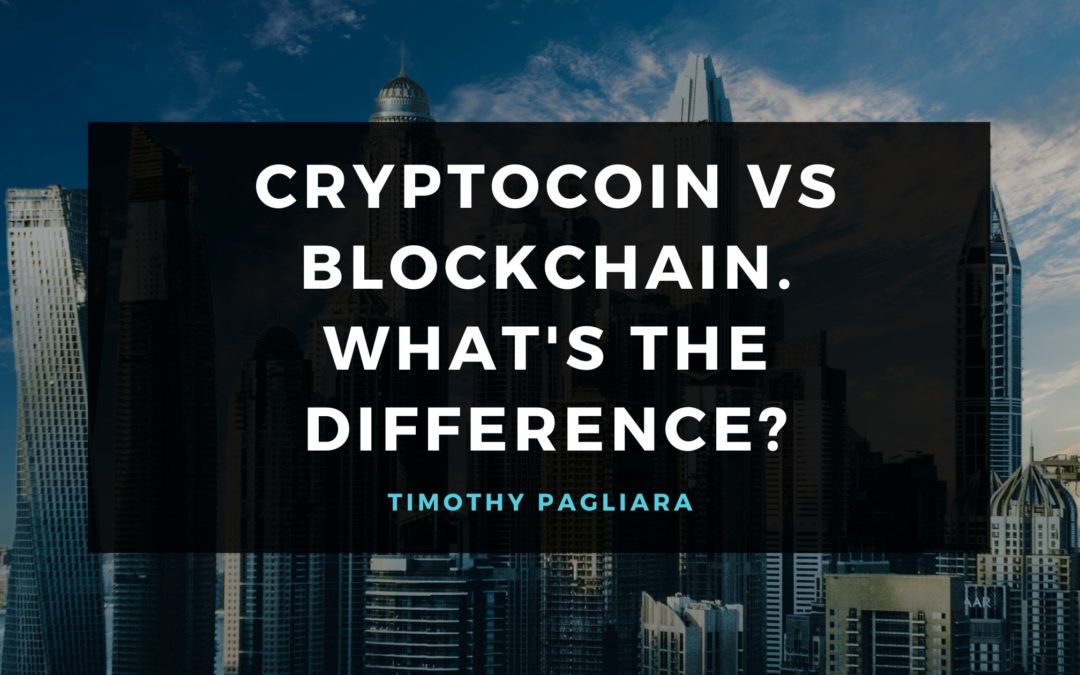The last decade has witnessed the explosion of cryptocurrency, or more generally blockchain technology. With Bitcoin and the like plastered all over the news it can be easy to get caught up in the hype of a flashy new investment opportunity and rush to put money in.
While it’s not necessarily a bad idea to invest in crypto, one should make sure to gain a good understanding of the space before putting up any significant amounts of money. As with most industries, a big step in learning the crypto space is simply beginning to understand the jargon used and the vocabulary of crypto.
Let’s define some terms.
- Blockchain Technology
Blockchain technology is the underpinning of all cryptocurrency. It’s not a financial system, it’s a unique way of storing data. Blockchains are made of blocks of data that are stored in such a way that they cannot be changed. Think of it like a ledger of financial transactions. If I pay you 50 dollars and that transaction is added to the blockchain, it is literally impossible for anyone to change that transaction. No more hacks, no more security problems, no more arguing over what happened in the past. It’s all recorded and public for anyone to view.
Because blockchains are decentralized there’s no one true owner. No need for a bank like Wells Fargo to keep record of all the transactions in someone’s account. It’s all there forever, etched in history.
Blockchain technology does not only have to be applied to finance. Blockchain can be used for many different use cases like tracking a patient’s health over time (blockchain electronic record) or keeping track of promises made during negotiation (blockchain sponsored BD).
Cryptocurrency is a specific application of blockchain technology. What’s wrong with our current currency? A few things. Namely, current currency makes it hard to transact internationally, is all centralized to a few places (hope you don’t get hacked PNC!), and isn’t anonymous at all. Cryptocurrency offers a decentralized, hacker-proof, pseudonymous alternative to regular government-sponsored currency.
Think of those living in countries with tyrannical governments. How useful could something like this be? Money could be dropped in and out of the country to help individuals without the overstepping government knowing.
Blockchain represents the largest technological revolution since the internet. At first, it might seem nerdy or far-fetched, but as the applications built on blockchains become more consumer-friendly, we will see it infiltrate our lives the same way the internet did so many years ago.

